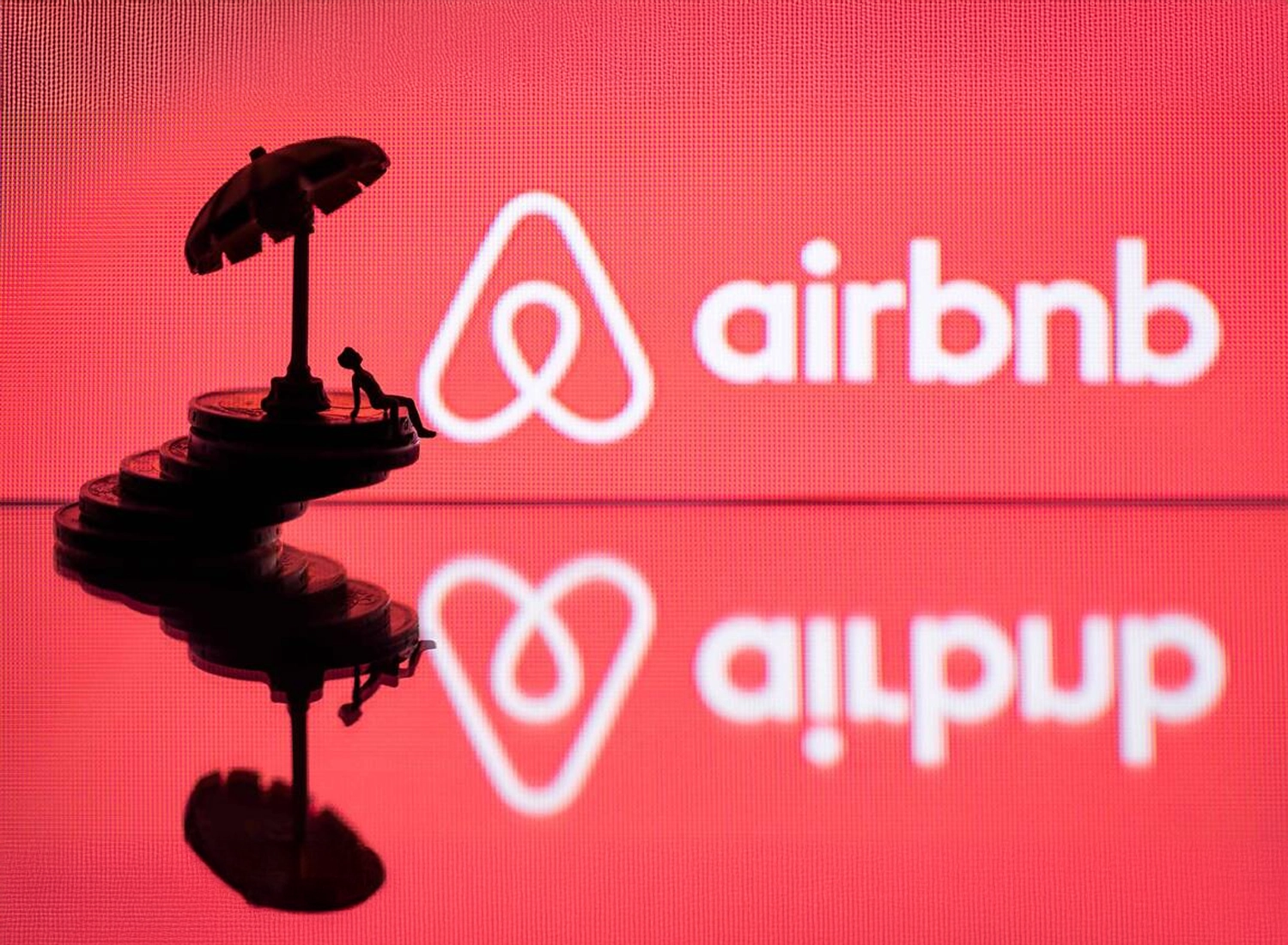
In 2020, Airbnb shifted in a matter of weeks from a hyper-growth darling to a survival case study. Travel paused, bookings evaporated, and revenue dropped by billions. Investors watched every move, from headcount to product roadmaps, and the company faced a decision that every growth story eventually reaches.
The interesting part of the Airbnb story sits beneath the financial charts. The capabilities that allowed the company to navigate the crisis differed from the ones that had defined its rise. The teams built for expansion, new markets, and bold experiments suddenly had to operate under a different mandate. Cash discipline, efficiency, and unit economics moved to the center of the agenda.
Airbnb avoided a simple response such as shrinking its ambition or freezing hiring plans. Leadership reallocated talent toward profitability, resilience, and operational clarity. In practice, that shift revealed a truth that many scaling companies only recognise once pressure arrives. Skills have a chapter, just like products and markets. Strengths that drive one phase of growth can lose relevance in the next.
Growth skills and survival skills live in the same company
During long periods of expansion, hiring often follows a single pattern. Leaders recruit for the next big dream.
New countries.
New categories.
New product lines.
New marketing bets.
The profiles that thrive in that phase tend to share familiar traits. They embrace experimentation, work well with ambiguity, and enjoy building from a blank page. Their value shows up in launches, new revenue streams, and headline growth.
Airbnb revealed the other side of the curve. When external conditions removed the assumption of constant growth, a different type of skill set gained importance. Leaders who understood cost structures in detail, who could redesign processes, and who could protect long term brand equity while trimming spend shifted from supporting cast to central figures.
Both groups matter. Yet each aligns with a different horizon.
Why timing turns into a talent question
Hyper growth magnifies timing. When a company races from Series C to public readiness, decisions about who joins the leadership team shape far more than job descriptions. Each hire becomes a bet on which chapter the company believes it has entered.
Airbnb’s decision to refocus on profitability turned hiring itself into a strategic signal. Instead of chasing every new initiative, leadership concentrated on roles that could improve margins, sharpen discipline, and rebuild a stable platform for future expansion. Growth shifted onto a different foundation.
This illustrates a broader principle. The skills that fuel the early ascent of a company seldom carry the entire load during later stages. Stage fit matters as much as individual excellence.
Skills expire by stage
Every high-growth organisation carries a fixed amount of leadership attention, budget, and execution capacity. When talent sits out of sync with the company’s stage, that scarce capacity starts to slip.
Stage mismatches often show up in three ways.
First, teams stretch towards ambitions that the current business model cannot yet support. Senior hires arrive with playbooks for large-scale operations while core systems still resemble a much earlier phase.
Second, budgets drift away from the areas where pressure is highest. Capacity accumulates around innovation, branding, or international expansion while constraints develop in finance, pricing, or partner management.
Third, critical decisions slow down. Leaders debate whether to prioritise the defence of the core business or the exploration of new ideas, and hiring freezes inside that uncertainty.
Airbnb’s pivot highlighted a more productive approach. Instead of treating skills as permanent assets, leadership treated them as portfolio elements that require rebalancing. Profitable growth demanded more talent in functions that controlled margins, designed incentives, and stabilised supply and demand on the platform.
Matching recruitment with the chapter of the company
Recruiting works best when it matches the chapter the company currently lives in, rather than an abstract vision of the future.
For an early-stage platform, the chapter often revolves around discovery. The priority lies in finding product market fit, learning quickly, and building a team comfortable with shifting direction.
For a company at the threshold of scale, the chapter revolves around repeatability. The organisation needs leaders who can document processes, enforce standards, and create reliable paths from experiment to playbook.
For a public or pre-public company under intense scrutiny, the chapter revolves around durability. Margins, capital allocation, and risk management become part of every strategic conversation. Leaders require a mix of strategic range and operational discipline.
Airbnb moved along this path in compressed time. When revenue collapsed, it accelerated the transition from discovery and aggressive expansion toward a durability chapter. Talent strategy responded accordingly.
Practical questions for growth leaders
The Airbnb example raises concrete questions for founders, CEOs, and talent leaders who guide high-growth organisations.
Which part of the growth curve describes the company today, in measurable terms such as revenue, margin profile, and capital availability
Where do current hiring criteria still reflect a prior chapter that has already closed in practice?
Which functions receive leadership-level talent by default, and which areas only gain attention when crises appear
If external conditions forced a shift from growth to profitability over a single quarter, which executives would carry that transition with confidence
Clear answers to these questions turn talent planning into a strategic advantage.
Timing as a talent skill
Hyper-growth rewards companies that treat timing itself as a learned skill. The decision to hire a visionary general manager, a disciplined finance leader, or an operations executive who can redesign entire workflows always signals a view on the chapter ahead.
Airbnb’s revenue collapse exposed this reality early and in public. The company succeeded through a rapid rebalancing of expertise, directing more energy toward functions that preserved resilience while keeping future growth within reach.
The enduring lesson extends far beyond travel and hospitality. Companies that align recruitment with the chapter they occupy gain a quieter yet powerful edge. They scale with more control, experience fewer talent shocks, and build leadership teams capable of steering through both ascent and turbulence.

